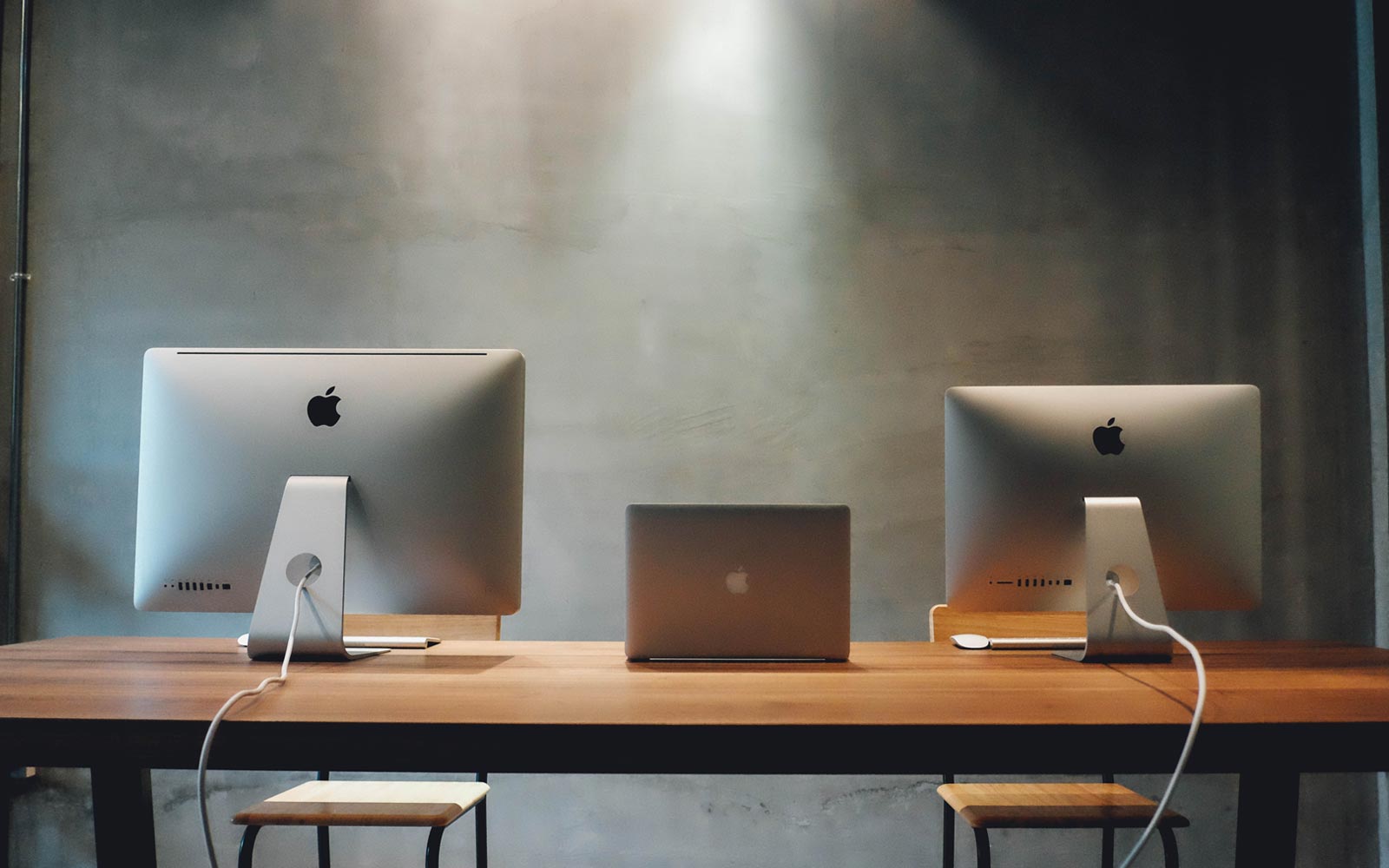WFH. It used to be an acronym that sent a shiver of anticipation down the spine. Getting up late. Not having to commute. Working in one’s pyjamas. Bliss.
Now that a lot of us have had 3 months of enforced WFH, we know the reality to be a little different. The daily runs never materialised. The kids are too noisy and disruptive when trying to chair a 26-way Zoom call. The internet’s too slow.
It’s definitely been an adjustment, but many are now hankering for a return to the office. Just not every day. And not too early.
Covid has turned remote working from a perk (in many businesses) into a mandatory method of working. Whilst productivity in a lot of workplaces has increased, the opportunity to slimline a company’s budget will be increasingly attractive to senior management teams. Typically, office rents or mortgages are second to the wage bill in terms of a business’ highest monthly expenditure.
A lot of bigger businesses used to rent vast office spaces in a single geographical location on long-term leases. But due to enforced social distancing and a lot more people beginning to work remotely, this will mean that a lot of spaces will begin to feel empty. Therefore, rather than have desk spaces for every employee, a lot of offices will be slimmed-down and reconfigured for hot desking and creating more meeting areas.
Whilst co-working spaces are certainly nothing new, this new trend for flexibility – and the desire to cut costs – will likely mean that senior management, and CFOs in particular, will take a second look at leasing office space on a shorter-term basis. Being able to scale up and scale down quickly, across multiple sites, is going to be a big boon in the post-Covid economy.
Flexible workplaces have got a rough time in the press of late, namely due to the corporate mismanagement of WeWork, but they are not a new phenomenon. Many other players, such as Workspace, have been in the market for decades. This means that they’ve seen many an economic cycle before, but none are proving to be so transformative for their business models as this latest crisis.
So, what does all of this mean for the office? Will they go the way of the dinosaurs? Not exactly. Office space will still be essential to the operation of most businesses, but what happens inside the office will change markedly. Commuting across a busy city, getting sweaty and stressed in the process, only to answer emails at the other end may not seem like the best use of an employee’s time. Coming into a city, after rush hour, to have a number of face-to-face interactions, before departing again (and only doing so three days a week), will most likely become more commonplace.
This will only succeed however if attitudes between employer and employee change as well. For far too long employers have worried more about ‘input’ (the time that employees have spent in the office), rather than output. With the input now largely invisible to the employer, they now have to focus solely on an employee’s output. This means that workers will have to up their game, and whilst they may not be clock-watching anymore, they have to balance home and work life more effectively in order to meet deadlines. More freedom will inevitably lead to more responsibility. This is likely, if dealt with effectively, to work better for both parties. Time in the office should become more focused as a result, and time way from the office will lead to a lot more employees stepping up to the productivity challenge.





Leave a Reply